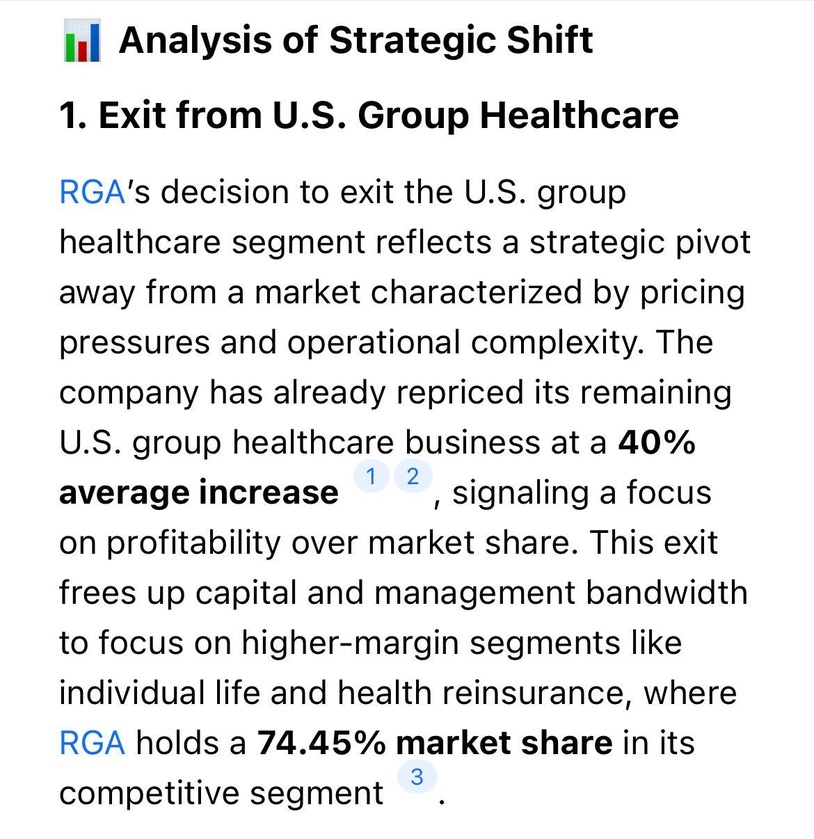
We know what’s coming and we are prepared.
🏴💎 Archaeologists find 2000 year-old 'Gemstones' in drain beneath a Roman Bathhouse, Carlisle, England
Down a drain beneath the murky waters of an ancient Roman bathhouse in Carlisle, England, near Hadrian’s Wall, archaeologists have discovered a trove of gemstones lost by bathers 2000 years ago. More than 30 gems, including amethyst, jasper and carnelian have been found so far during excavations at the site. Wealthy bathers likely dropped them back in opulent bathhouse’s heyday in 2nd-3rd Century CE.
“It’s incredible,” says archaeologist Frank Giecco, who led the excavation, to Observer’s Dalya Alberge. “It’s caught everyone’s imagination. They were just falling out of people’s rings who were using the baths. They were set with a vegetable glue and, in the hot and sweaty bathhouse, they fell out of the ring settings.”
The pieces feature deities dedicated to war, sun, commerce, luck and fertility. The largest were around 0.6 inches and smallest were just under 0.2 inches. Their small size would have made the carvings particularly difficult, requiring the expertise of an advanced craftsman.
“You don’t find such gems on low-status Roman sites,” Giecco tells Observer. “So they’re not something that would have been worn by the poor.” Still, Carlisle site isn’t entirely unique: In the past, similar gemstones have been found in the drains of other bathhouses during archaeological excavations.
The small, semiprecious engraved gems are known as intaglios, which were first produced some 5000 years ago in Mesopotamia. Owners would press their intaglios into clay or wax to create a seal, which they used to authenticate documents (similar to a modern-day signature). “Their material, size and color would reflect the wealth and taste of the patron,” writes G. Max Bernheimer, Christie’s international head of antiquities, on auction house’s website. At one point, he adds, it was in fashion for Romans to wear intaglios featuring the likenesses of their favorite philosophers.
“The intaglios can be seen on many levels,” Giecco tells Artnet’s Min Chen, “from pieces of art to connections to the individuals who owned them.”
In addition to the gemstones, the team at the Carlisle bathhouse found over 40 women’s hairpins and 35 glass beads in drain. Hundreds of other artifacts, including pottery, weapons and coins have also been uncovered at the site. Eventually, discoveries will most likely go on view at Tullie House Museum and Art Gallery.
“Carlisle was very much at the center of the Roman frontier,” Giecco tells BBC News, “and we are very excited to go back … for more amazing finds, as it is the site that just keeps giving.”
🔗 archeohistories
This guy wrote a 25 line Python script he claims "can probably unredact all of the Epstein files in less than 30 seconds".
"I am not suicidal, I am a great swimmer, and I look forward to living my life well into my 80s."
Follow @RealWideAwakeMedia for more content like this!
Merch: https://wideawake.clothing
X | YT | IG | Rumble
US / Iranian Conflict
Raising to AmCON 3 (Incident Probable)
Due to the following: deteriorating negotiations between the United States and Iran; the surge in the past 48 hours of “final stage” US military assets into the Middle East; vacating US personnel from bases in Syria; the “Fatwa” issued last summer by Iranian clerics in the Summer of 2025 calling Muslims around the world to rise up if Iran is attacked; the numerous reports of Iranians who have infiltrated the US southern border in recent years and the warnings of “sleeper cells” in the United States, AmRRON is raising the AmCON one level, to Level 3 (Incident Probable).
AmRRON Special Guidance and Instructions:
AmRRON will remain at AmCON 3 until further notice, and we will continuously be monitoring the situation. Additional changes to the AmCON level, and any special instructions or guidance, will be posted here, as well as through the AmRRON member Telegram Channel, the AmRRON Corps Z-Net, and the AmRRON Mobile Team App....

If you’re a parent, this should make your stomach drop!
Every year, millions of families across America proudly display school photos of their children.
On refrigerators. In picture frames. Sent to grandparents and relatives across the country.
But here’s what most parents are never told…
Those school photos are taken by Lifetouch — the largest school photography company in America.
Lifetouch is owned by Shutterfly.
Shutterfly was acquired by Apollo Global Management.
And Apollo Global Management was co-founded by Leon Black — a name that appears in the Epstein files.
That means millions of children’s images are uploaded into databases every single year by a corporate structure tied to someone connected to Epstein.
Let that sink in!
https://vxtwitter.com/i/status/2019500982997041332


















